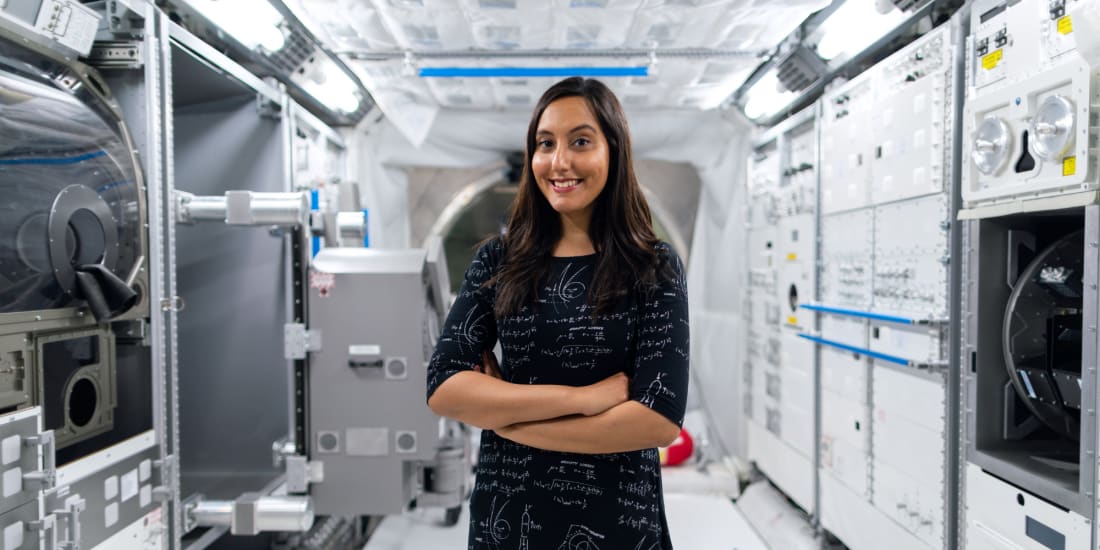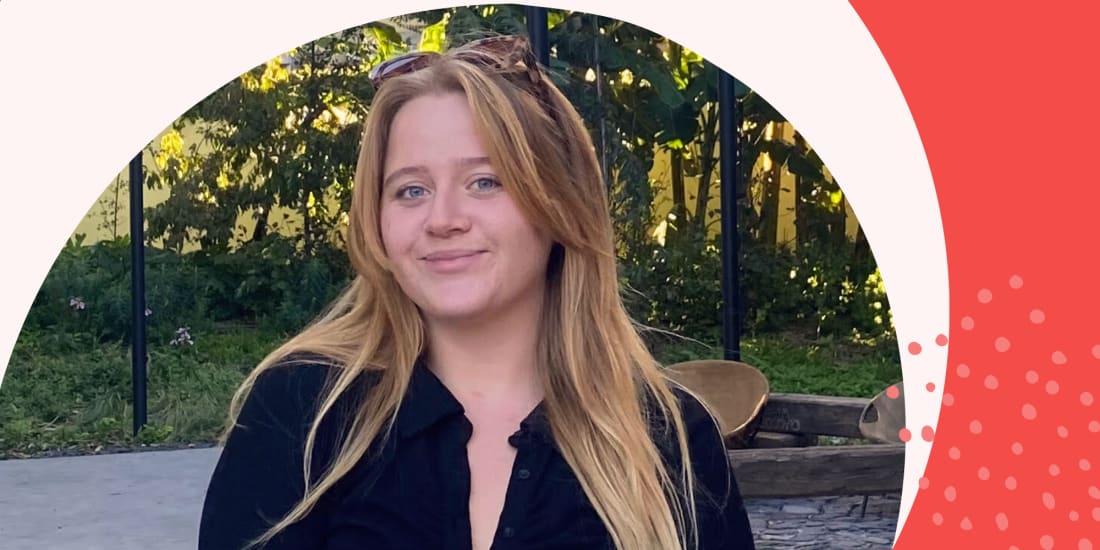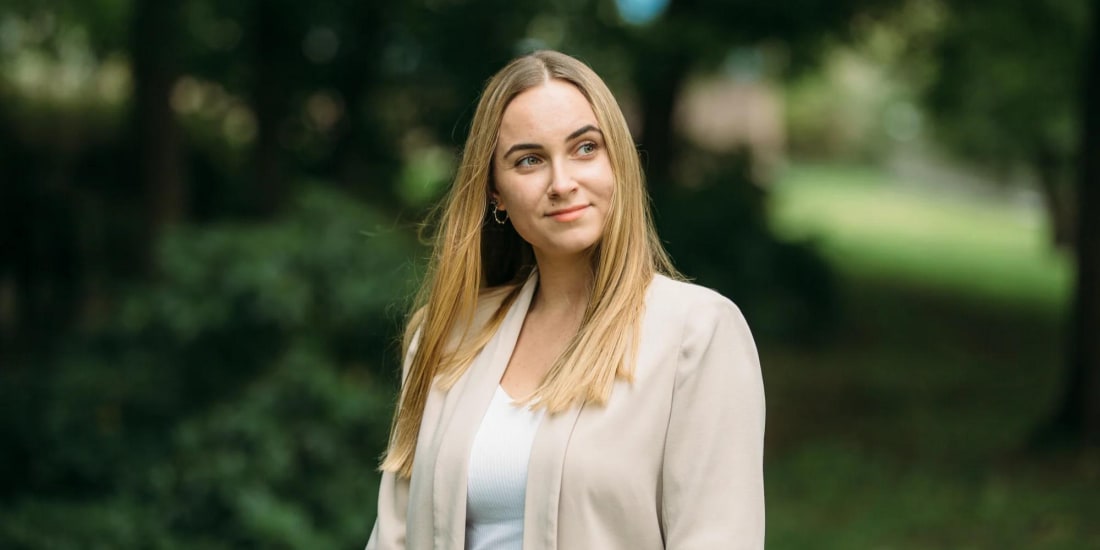Browse thousands of bachelor degrees (undergraduate) from around the world.
What do you want to study?
Where do you want to study?
Start your education journey here
Discover
Browse thousands of degrees from around the world
Compare
See programs side by side to find the right one for you
Connect
Contact the schools' admissions offices directly
Skip all disciplines
Discover programs by discipline
Business Studies
Technology Studies
Engineering Studies
Economic Studies
Natural Sciences
Humanities Studies
Social Sciences
Journalism and Mass Communication
Management Studies
Health Care
Articles and guides
Dive into our guides covering student experiences, career information, and more.
View all





















